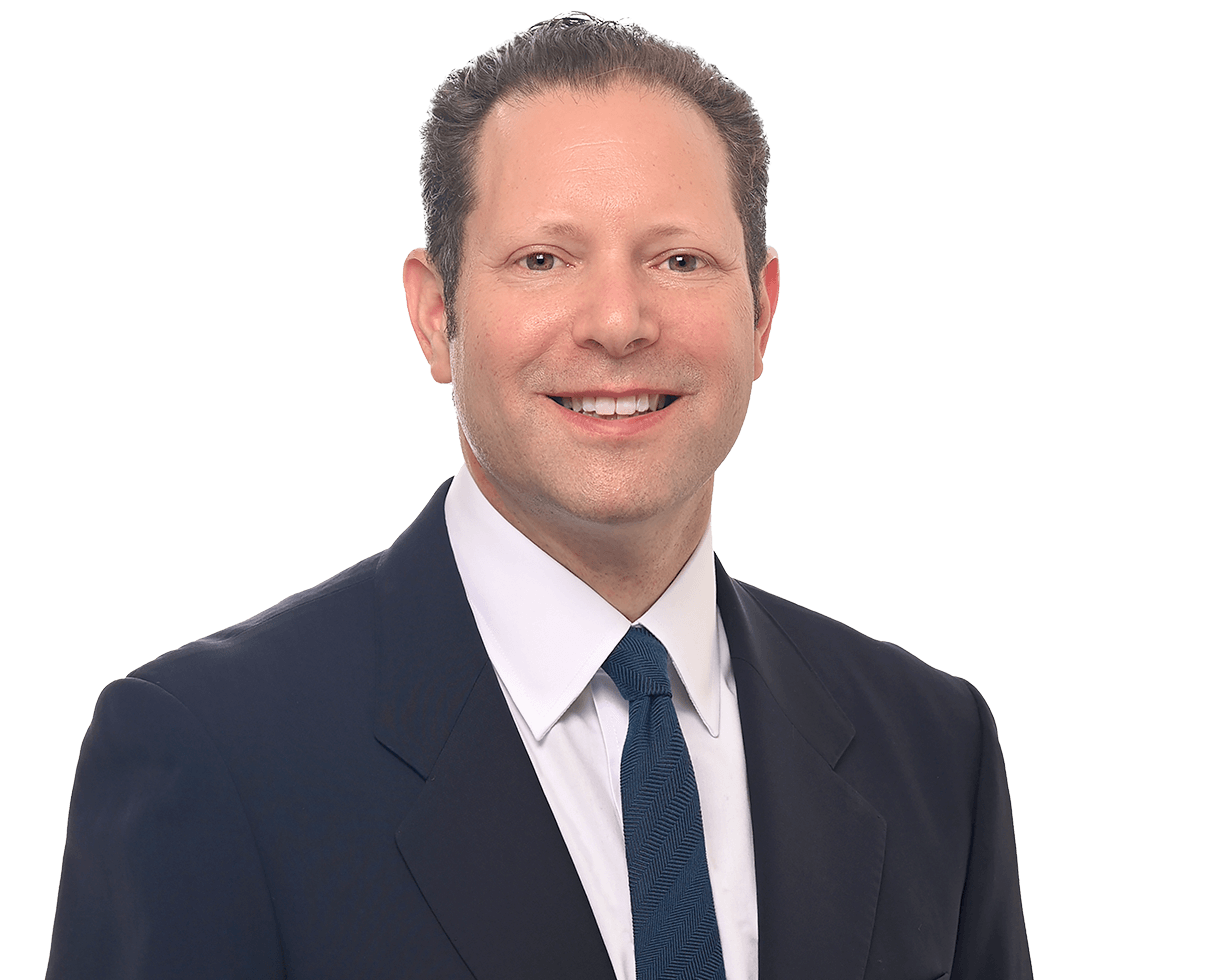August 31, 2020
London Fischer recently obtained a significant win for its client Houston Casualty Company (“HCC”) in a declaratory judgment action seeking defense an indemnification on behalf of NYU Health Center (“NYUHC”) under an insurance policy issued to Nouveau Elevator, its elevator contractor. The underlying accident occurred when an elevator misleveled, causing a pallet jack to move off the elevator platform and strike plaintiff. NYUHC and its insurer tendered to Nouveau and its insurance carrier, who both denied NYUHC’s tender. Nouveau was third-partied into the underlying action by NYUHC, after which the plaintiff commenced a second proceeding naming Nouveau as a direct defendant. Our firm subsequently commenced a declaratory judgment action seeking the defense and indemnification of NYUHC and contribution towards defense costs incurred on its behalf.
After exchanging copies of the relevant contracts and insurance policies, the elevator company’s carrier conceded that its duty to defend was triggered. However, the elevator company’s carrier argued it was not responsible for paying any defense costs associated with the crossclaims or third-party action against Nouveau. The Court asked the parties to brief this limited issue as to the scope of defense costs, and held that the scope of defense costs that an insurer is obligated to pay under a CGL policy extends to third-party claims and crossclaims seeking indemnification from another party. The court found that pursuing these crossclaims and third-party claims establishing the elevator company’s duty to defend was an essential component of NYUHC’s defense.
The Court noted that the long-standing rule is that an insured that has been cast in a defensive light has the right to recover its fees. In this case, HCC and NYUHC had been placed in the defensive posture of bringing a declaratory judgment action and bringing its claims against Nouveau as a result of Nouveau and its insurer’s continued denials of NYUHC’s tender. The court found the anti-subrogation rule did not prohibit HCC from recovering the defense costs incurred in the action. The Court also found that the cases in which the insured alleged a conflict after being provided joint defense were inapposite and that the anti-subrogation rule did not apply to preclude the elevator company’s insurer from paying the defense costs associated with pursuing the cross-claims and third-party action against Nouveau for indemnification.
After initially ignoring or denying the numerous requests for defense and indemnification sent to Nouveau and its insurer, the insurer promptly conceded its duty to defend was triggered following very limited discovery in the declaratory judgment action. The only issue that remained was the scope of defense costs which managed to keep the costs of litigation down.

